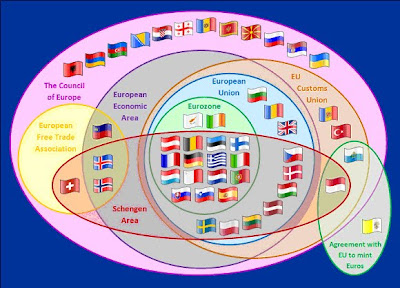Compassion and the Nature (Mis)Analogy
A lot of people who condemn the harm that we humans do to each other, on other species and on the planet often also state (in the same breath) that we should be like Nature. Which would imply that nature is compassionate, tolerant, forgiving and loving. But just look at the data to the contrary. In most species, the runt of the litter is left to die or (in some extreme cases) even given as food to its fitter siblings. The overwhelming majority of species on this planet have died out already (more than 99%). And before you blame us humans for that, note that most of those extinctions happened before man appeared on the planet. By all means, let’s be more compassionate and caring. All I am saying let’s stop pretending nature is any of those things. Nature is “red in tooth and claw”: nature’s all about the survival of the fittest, not some socialistic utopia.
